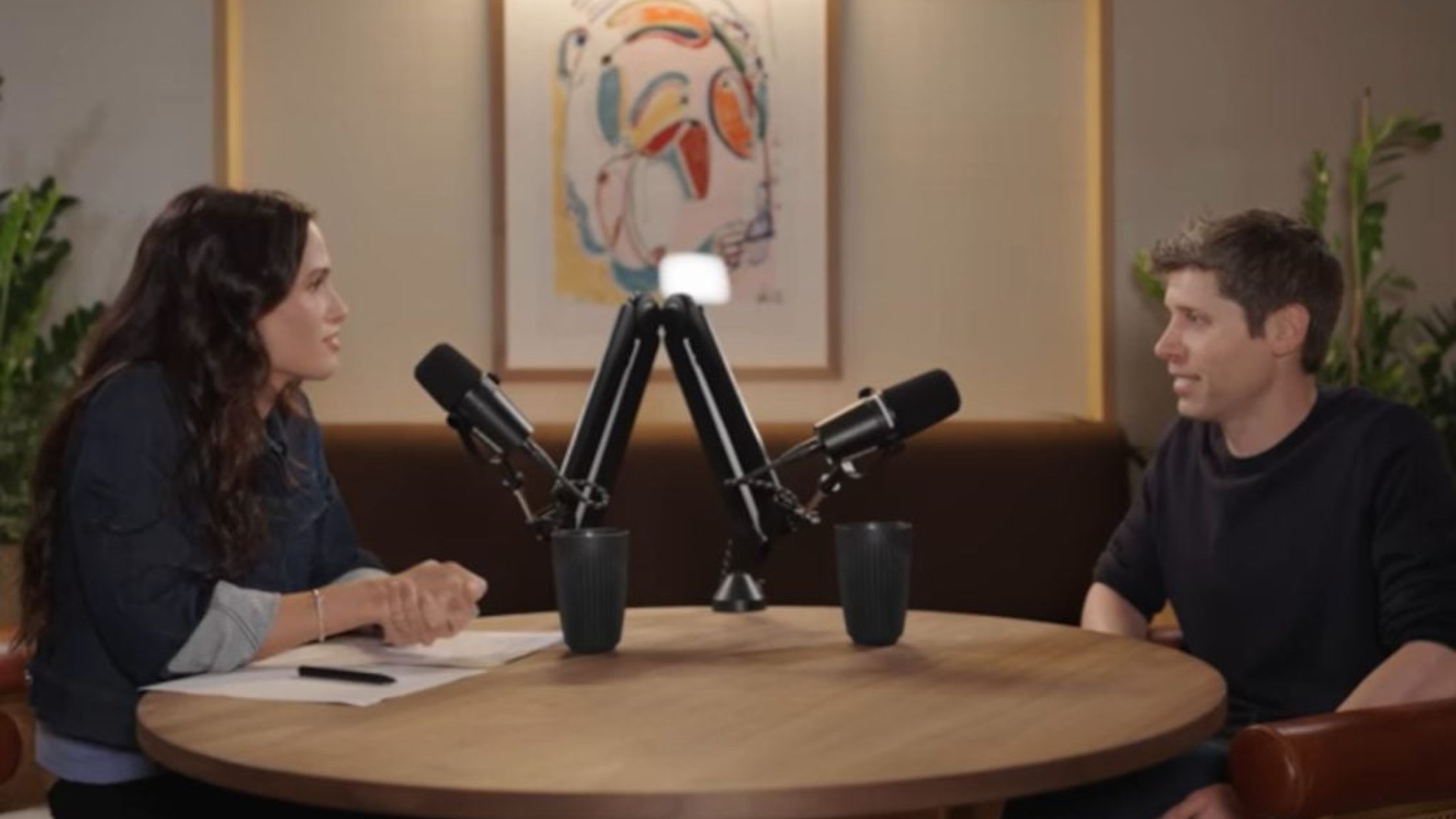We are not just on the brink of a new era we have stepped into it. Sam Altman, CEO of OpenAI, has boldly declared that humanity has crossed the threshold into the age of artificial superintelligence. But what does this mean in real terms? Are we witnessing the dawning of a gentle revolution or facing a transformation so profound it will reshape society as we know it?
Altman’s recent statements reveal a future where AI is not some distant fantasy but a rapidly evolving force already woven into daily life. He argues that systems like ChatGPT, used by hundreds of millions, surpass the intellectual capacity of any single human being in many respects. Despite the lack of sci-fi clichés no humanoid robots roaming the streets or instant medical miracles—the underlying shift is monumental. Altman calls this moment the “superintelligence event horizon,” a point of no return where AI’s growth is accelerating beyond human control.
His vision is unsettling but intriguing. By next year, we may see AI agents capable of real cognitive work autonomously, transforming industries from software development to scientific research. By 2027, robots that tackle tasks in the physical world may become common. This trajectory indicates AI will no longer be a tool but a kind of partner or even a collective intelligence system shaped by millions of users interacting with it every day.
Yet there is tension beneath this optimism. Critics point out that current AI systems still suffer from errors or “hallucinations,” sometimes fabricating facts or mixing realities. If these systems already wield immense influence, even small mistakes risk magnifying harm. Altman acknowledges these flaws but frames them as expected growing pains in a “gentle singularity” a slow, steady emergence of superintelligence rather than a sudden leap.
The collective superintelligence Altman envisions represents a new kind of digital ecosystem, one where AI agents learn, plan, and optimize together with minimal human intervention. This concept echoes recent innovations at AI labs across the world, where frameworks enable multiple AI systems to collaborate as self-organizing teams. It’s not about a single all-powerful AI but an interconnected network sharpening itself continuously.
From a broader perspective, the stakes are enormous. If humanity succeeds, we could unlock breakthroughs in medicine, climate science, and creativity previously unimaginable. But the alternative unchecked AI development without ethical guardrails could deepen inequalities or introduce new risks.
As OpenAI and other tech giants race toward building these digital minds, the world must grapple with complex questions: How do we maintain human agency? Who controls these AI collectives? What values do they embed and amplify?
Sam Altman’s message is clear: We have crossed into a fundamentally new terrain. The era of collective superintelligence is not a distant hypothesis but our unfolding reality. That reality demands urgent reflection, careful stewardship, and bold imagination to shape technology that serves all of humanity not just a powerful few. The future is being coded now, and the choices we make will define the decades to come.


